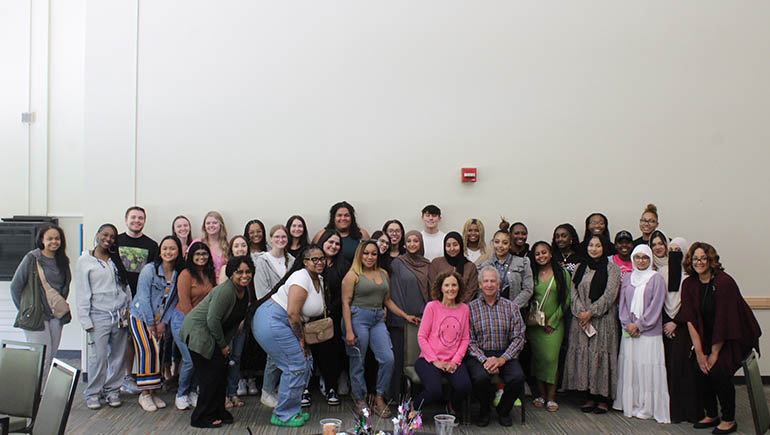
Often, said Assistant Professor Tara Walker, DNP, the key to healing a patient doesn’t lie only in a medicine prescription or a therapeutic treatment. Sometimes, she observed, it’s as straightforward as matching a patient with a health care provider with whom that patient can identify.
“Research shows that people tend to have better health outcomes when they’re taking care of someone who represents them,” Walker said. “It's not only race and ethnicity. It can be language, religion — whatever that commonality is. It is very important that people are being taken care of by people that represent them.”
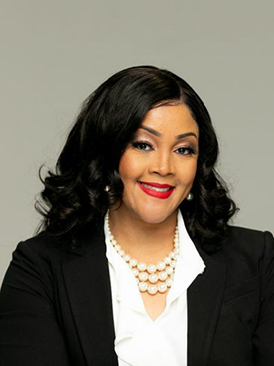
The faculty advisor for the College of Nursing’s Jacob Scholars program, an initiative designed to increase success among nursing students from traditionally underrepresented and disadvantaged groups, Walker serves as part of a university-wide push to ensure that commonalities between patients and health care providers are, in fact, more common. As Wayne State University doubles down on its commitment to boosting both social mobility and community health, several university programs dedicated to increasing diversity in health care professions have become more critical than ever to WSU’s reach, impact and success in metro Detroit communities and beyond.
Along with the Jacob Scholars program, WSU is home to efforts such as the Post Baccalaureate Program, a non-degree-granting initiative that attracts qualified, low-income college students seeking admission to medical school; Wayne Med-Direct, a B.S./B.A. to M.D. program that each year admits 10 top-performing students, usually from disadvantaged socioeconomic backgrounds, to the College of Liberal Arts and Sciences and creates a pipeline for admission to Wayne State’s School of Medicine; and the Michigan Area Health Education Center (MI-AHEC), an advanced learning program designed for applicants from a diverse background who have a strong interest in providing health care to patients in rural and medically underserved communities across Michigan.
“Initiatives such as Wayne Med-Direct and AHEC, as well as the Jacob Scholars and Post-Baccalaureate programs, reflect our long-time commitment as a university to broadening access to successful and impactful health care careers,” said Provost and Senior Vice President for Academic Affairs Laurie Lauzon Clabo. “Furthermore, Wayne State continues to be committed not only to diversifying health care, but also to ensuring that all of our students have world-class preparation for what lies ahead in their future and their careers in the 21st century economy.”
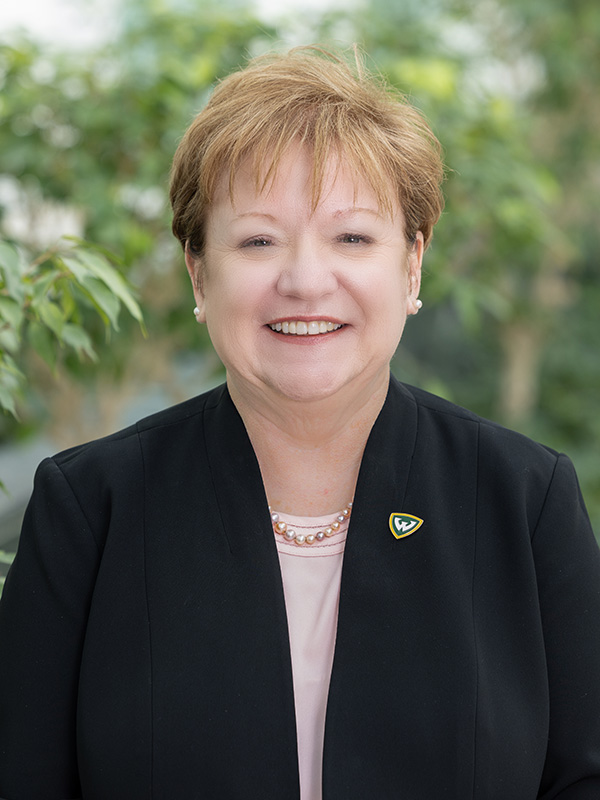
Joseph Dunbar, Ph.D., interim vice dean of diversity, equity and inclusion at the university’s School of Medicine and director of the Post Baccalaureate Program, recalls a time when that initiative, which began in the 1960s, focused exclusively on producing more Black doctors because of the severe dearth of African Americans in medicine in a city that was undergoing radical demographic change. Consequently, the Post Baccalaureate Program has helped produce hundreds of Black physicians during its existence.
“Not only did it provide an avenue to increase the African American physician population in Detroit, but, because many of these individuals stayed in the Detroit community and practiced medicine, it impacted the health care of the community,” said Dunbar. “As time went on, the program evolved to include other individuals who were traditionally underrepresented: people from Hispanic backgrounds, Native American backgrounds, individuals from disadvantaged economic backgrounds. To have more individuals from those backgrounds who return to those communities and provide health care gives you a domino effect: Not only do you have individuals with opportunity to have successful careers, but they also have the chance to have even greater impact in the community.”
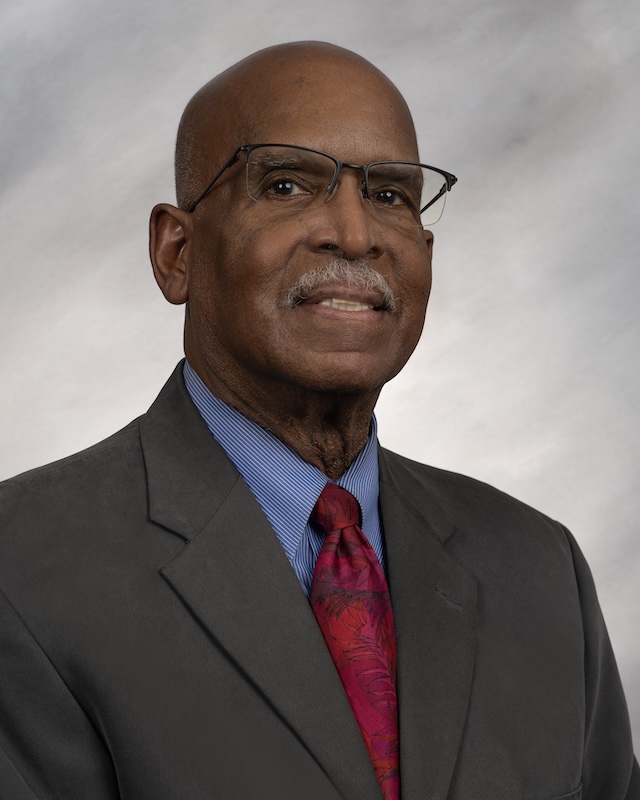
Meanwhile, MI-AHEC — which draws students from the School of Medicine, College of Nursing, School of Social Work, and the Eugene Applebaum College of Pharmacy and Health Sciences — aims to boost the number of health care professionals in underserved communities across the state, in both urban and rural areas.
To that end, said Leon Hudson, associate program director of the MI-AHEC grant at WSU School of Medicine and College of Nursing,
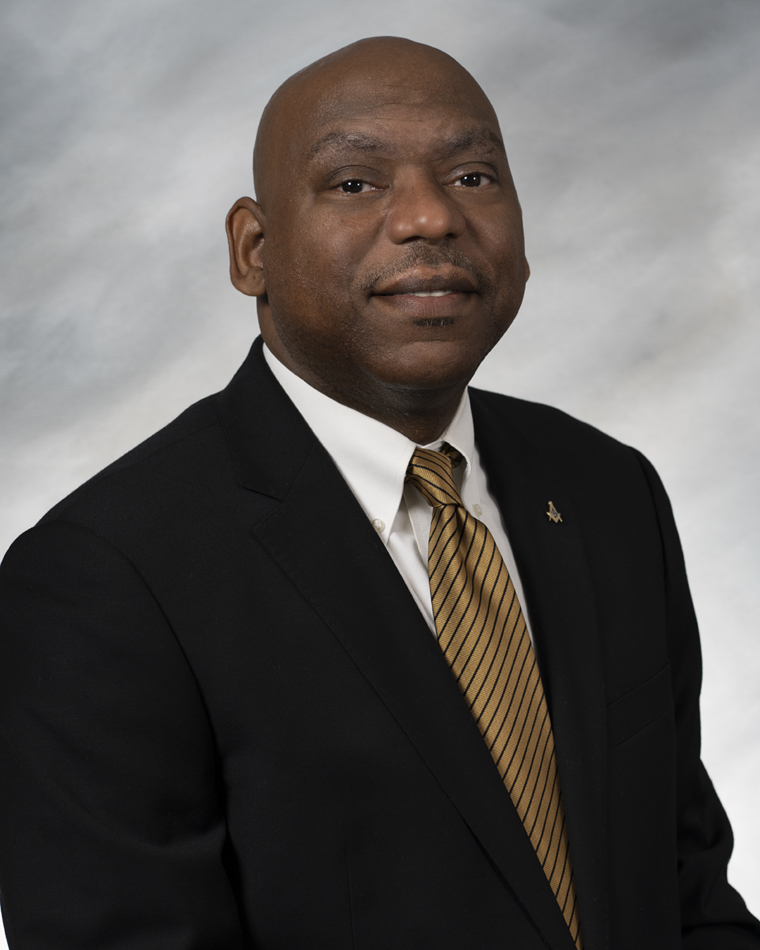
the federally funded program focuses on four goals at the various universities it collaborates with across the state: recruiting underrepresented and disadvantaged students into health care careers; encouraging college students currently pursuing health care careers to do clinical training in underserved communities around the state; providing continuing education opportunities to current health care professionals in urban and rural underserved areas; and fostering a greater interest in public health among high school students..
“We know that many rural and urban areas have health care provider shortages, so we want to make sure they have adequate staff and that the health care providers in those areas have top-quality training,” said Hudson. “This is an important program.”
